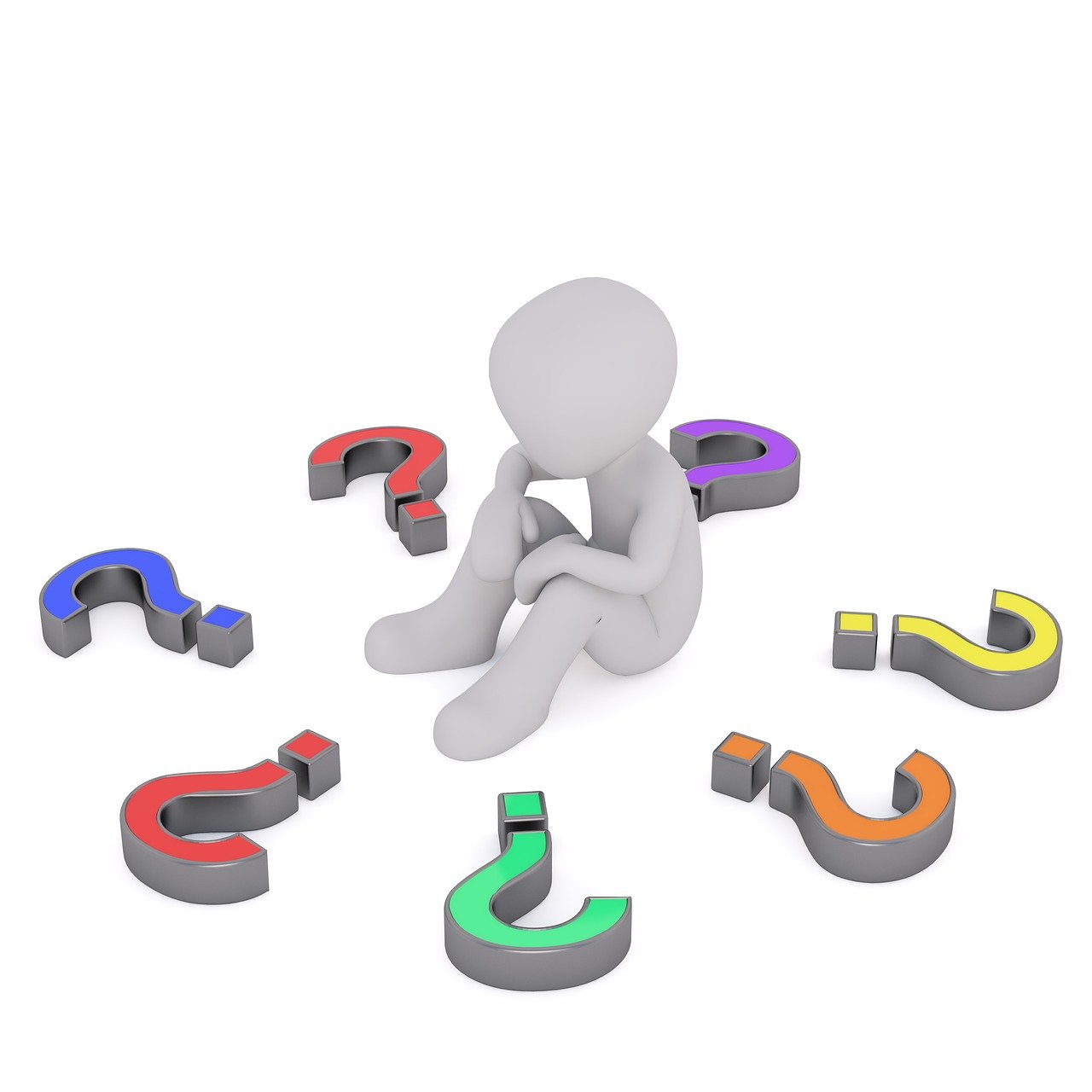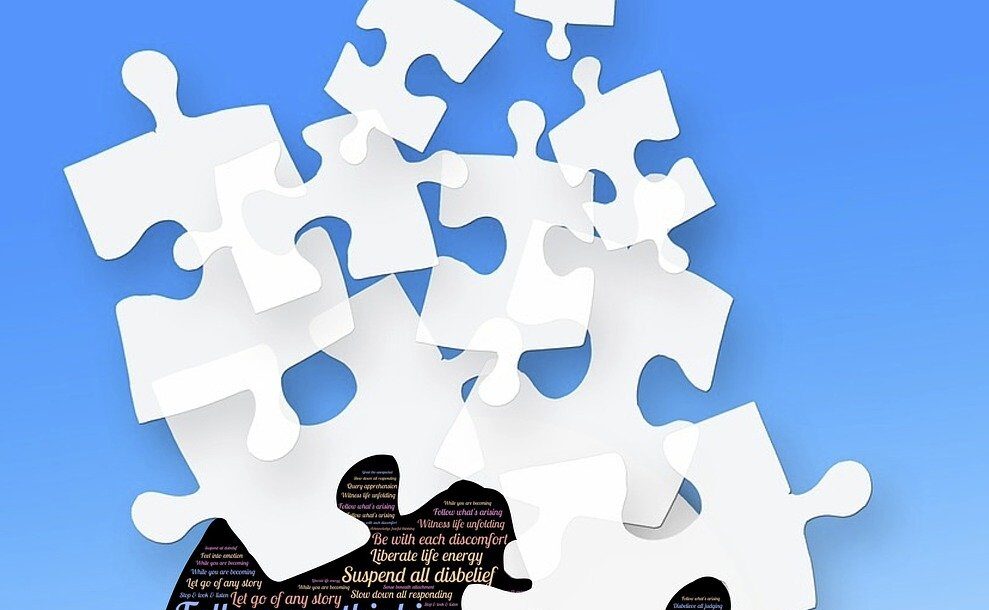Anger can often feel overwhelming, especially when it escalates into abusive behaviour. In those moments, it may seem like it’s something out of your control, as if the anger has taken on a life of its own. But understanding why anger can feel so uncontrollable, and realizing what drives it, can help illuminate a path for lasting change.
The Illusion of Lack of Control
When anger turns into abusive behaviour, it often feels as though there’s no choice but to act on it. But in truth, anger doesn’t come from nowhere. It’s typically a response to deeper emotions—fear, frustration, insecurity, or feeling misunderstood—that have built up over time. These feelings may be buried beneath the surface until they become too overwhelming to contain, and the anger becomes a way to release that pressure.
The Trigger: Anger often doesn’t come from the immediate situation. Instead, it’s a reaction to something that’s been building for a long time. Whether it’s unresolved emotions or past experiences, a trigger can suddenly unleash feelings that feel too intense to control in the moment. The anger becomes a way to release that emotional buildup.
The Desire for Control: Anger often arises from a deep need for control. When everything else feels chaotic or unpredictable, anger may seem like the only way to regain some sense of power. However, this feeling of control is fleeting. It doesn’t address the deeper issues or create lasting peace—it only reinforces frustration and confusion.
The Cycle of Emotion
After an outburst, the emotional aftermath can feel even more intense than the anger itself. Feelings of guilt or shame often follow, which can make the cycle seem impossible to break. This creates a complex emotional environment where the anger, guilt, and frustration feed into one another, leading to more outbursts as an attempt to manage the chaos inside.
But this cycle isn’t inevitable. It’s a pattern driven by emotional tension and unresolved feelings. Anger becomes a way to express what’s been repressed, and the aftermath is a reaction to the feeling of powerlessness in the face of these emotions.
Understanding the Root of Anger
The key to breaking free from abusive behaviours is realizing that anger isn’t just a reaction to what’s happening in the present—it’s often a reflection of deeper, unaddressed feelings. By understanding this, the path to change becomes clearer. Recognizing that anger is not something that defines you opens up the possibility of healing.
Anger is not a permanent part of you. It is simply a feeling, one that often masks deeper emotional wounds. The realization that anger doesn’t define who you are is a crucial step in changing the way you respond to the world around you. It’s about uncovering what’s hidden beneath the surface—unmet needs, past experiences, or unresolved pain.
The Power of Awareness
Awareness is the first step toward change. When you start to realize that anger is simply a feeling—and not your identity—you create the space to choose a different response. The more you understand what drives your emotions, the more you gain the power to make different choices.
When you stop identifying with your anger, it loses some of its power over you. Instead of reacting impulsively, you can begin to examine the underlying causes of your anger and work to address them in a more constructive way. This shift in perspective is what leads to true change.
Choosing Peace Over Reaction
Real, lasting change doesn’t come from suppressing or controlling your emotions—it comes from understanding them and responding in a way that aligns with your deeper values. It’s about realizing that your anger is a signal, not something to act on mindlessly.
The more you recognize the internal emotional patterns driving your reactions, the easier it becomes to choose peace instead of anger. Instead of reacting impulsively, you begin to make space for healthier emotional expression and start to move toward healing.
Embracing Transformation
When you recognize that anger is not something you need to act on, you create the opportunity for transformation. The anger may still come up at times, but it no longer dictates your behaviour. You begin to realize that within you is the ability to respond to life’s challenges in a more peaceful, measured way.
True change happens when you shift from reacting to your emotions to understanding and responding in a way that is healthier for you and those around you. With awareness comes the power to change from within. And when you start to see that anger is not a permanent, defining force in your life, you open up the possibility for real, lasting peace.
My therapy approach can help you unravel the deeper emotions and patterns that drive anger and abusive behaviour. By focusing on understanding and bringing awareness to the underlying causes of these intense emotions, we can work together to shift the way you respond to triggers. Through this process, you’ll begin to recognize that anger is not a permanent or uncontrollable force, but a signal that can be understood and managed. With compassionate guidance, we can explore these emotional patterns and transform them, creating lasting peace and healthier ways to respond. My therapy helps you find the inner strength to choose calm over reaction, allowing for real change from within.




Leave a Reply